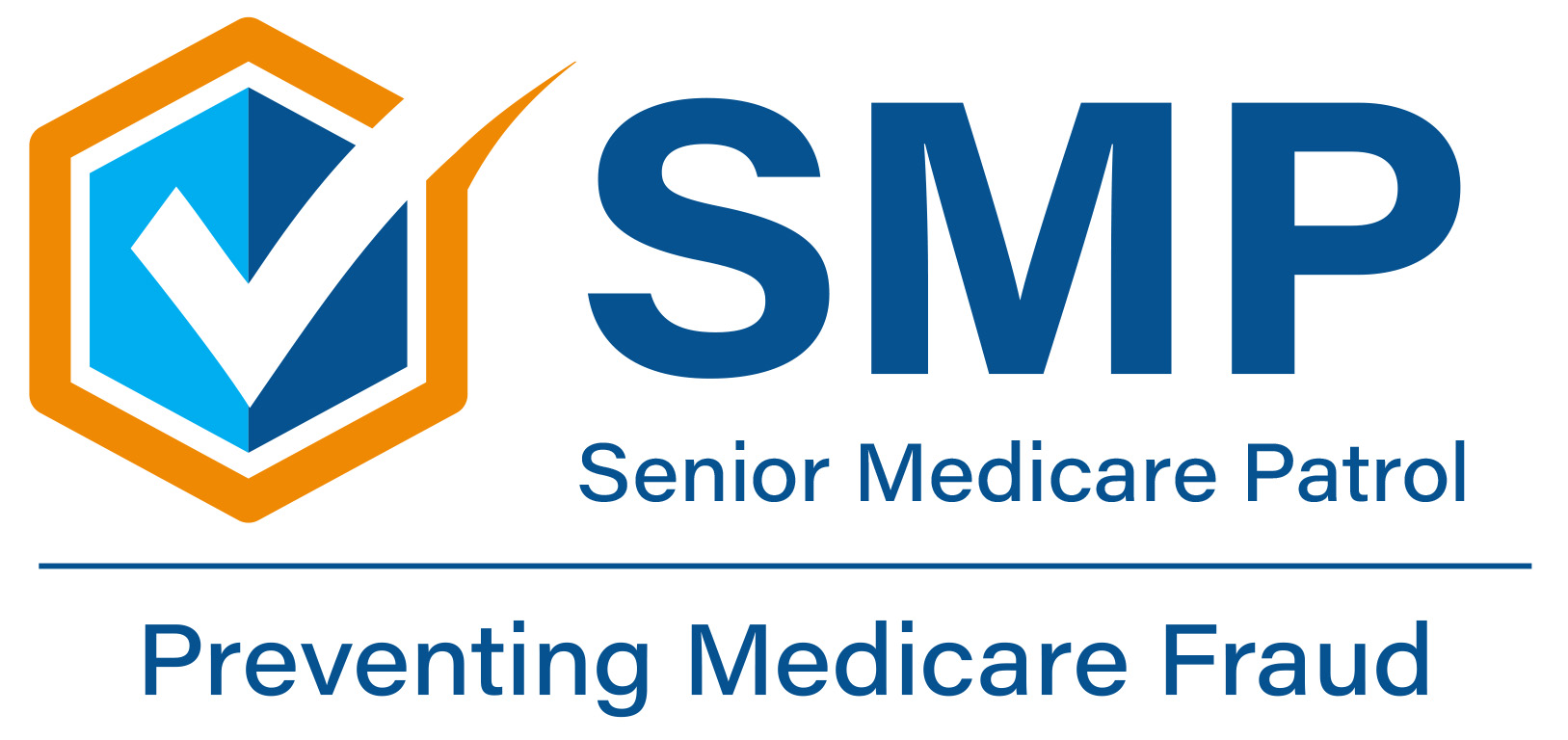
The Office of Inspector General (OIG)
The Office of Inspector General for the U.S. Department of Health & Human Services collects performance data for the SMP projects. The SMP activity data (known as “performance measures”) is presented to the Administration for Community Living (ACL) and is made available to the general public through the OIG’s website. The results may be cited by the Department of Health & Human Services (HHS) and the federal agencies within HHS, such as ACL and the Centers for Medicare & Medicaid Services (CMS), by organizations interested in SMP, and also by the media. The OIG emphasizes that it is not always possible to track SMP referrals to Medicare contractors or law enforcement from beneficiaries who have learned to detect fraud, waste, and abuse from the projects. Therefore, SMPs may not be receiving full credit for savings, recoveries, and cost avoidance attributable to their work. In addition, SMPs are unable to track the potentially substantial savings derived from a sentinel effect whereby fraud and errors are reduced by Medicare beneficiaries’ scrutiny of their bills.
SMP Performance Measures
Since the beginning of the program, ACL has modified the performance measures in a number of ways. In 2007, the projects were required to begin measuring “cost avoidance” – the health care expenditures for which Medicare, Medicaid, a beneficiary, or another entity was relieved of responsibility for payment as a result of the projects. In 2012, ACL expanded the performance measures to account for expected recoveries as well as actual recoveries. In 2015, ACL changed the performance measures, with the goal of aligning them more closely with the SMP projects’ outcomes. It reduced the number of performance measures from 21 to 10 by keeping the five measures pertaining to recoveries, savings, and cost avoidance and combining or redefining the 16 measures pertaining to volunteer and outreach activities, condensing them into five new measures. In addition, ACL no longer requires the projects to report on the number of media airings and the ways they process complex interactions. In 2017, the OIG added two new measures that capture additional expected recoveries from cases in which the SMP projects were minimally involved. These new measures – one for Medicare and the other for Medicaid – include actual and expected recoveries that resulted from SMP referrals that validated information in an existing investigation. In contrast, the original two measures on expected recoveries capture recoveries from referrals that led to the opening of an investigation or from meaningful contributions to an existing investigation by an SMP project. SMP performance measures contained in the OIG Report include information about activity in three key areas: team members, outreach and education, and complex interactions.
-
Team members: Performance measures in this area provide information about the number of team members and how they spend their time with the SMP.
-
Outreach and education: Performance measures in this area provide information about group outreach and education events.
-
Complex interactions: Performance measures in this area provide information about the number of complex interactions SMP have with, or on behalf of, Medicare beneficiaries, along with any cost avoidance and other savings attributable to the SMP project.
The OIG Report and SIRS
The OIG Report is compiled once each year. This annual report covers the entire calendar year. The OIG retrieves the annual report directly from the SMP Information and Reporting System (SIRS) to compile information on all SMP performance measures.
The OIG Report: Annual Results
After the data is retrieved from SIRS, the OIG analyzes the data and produces a comprehensive report, including a summary and detailed appendices, outlining aggregate and individual performance data for each calendar year. The reports are published in the summer each year.
-
- 2024 OIG Performance Data Report
- 2023 OIG Performance Data Report
- 2022 OIG Performance Data Report
- 2021 OIG Performance Data Report
- 2020 OIG Performance Data Report
- 2019 OIG Performance Data Report
- 2018 OIG Performance Data Report
- 2017 OIG Performance Data Report
- 2016 OIG Performance Data Report
- 2015 OIG Performance Data Report
- 2014 OIG Performance Data Report
- 2013 OIG Performance Data Report
- 2012 OIG Performance Data Report
- 2011 OIG Performance Data Report
- 2010 OIG Performance Data Report
- 2009 OIG Performance Data Report
- 2008 OIG Performance Data Report
- 2007 OIG Performance Data Report
For More Information
- Also see the SMP Results page.
